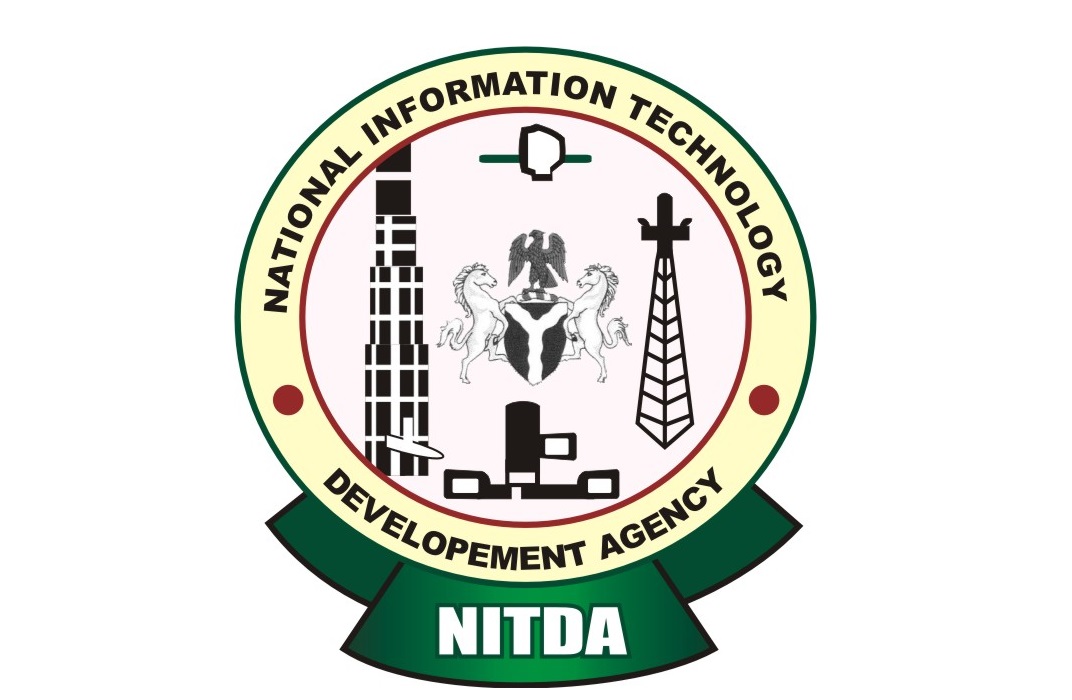Adaptation to smart automation is COVID-19 hidden opportunity for Nigeria – NITDA
The National Information Technology Development Agency (NITDA) has said adaptation to smart automation is the hidden opportunity for Nigeria in the COVID-19 pandemic. NITDA’s Mallam Kashifu Inuwa Abdullahi made this known during his online presentation on Smart Automation Africa/West Africa hosted by Tradepass. The webinar with the theme “Smart Automation in Africa” was exclusively focused […]

The National Information Technology Development Agency (NITDA)
The National Information Technology Development Agency (NITDA) has said adaptation to smart automation is the hidden opportunity for Nigeria in the COVID-19 pandemic.
NITDA’s Mallam Kashifu Inuwa Abdullahi made this known during his online presentation on Smart Automation Africa/West Africa hosted by Tradepass.
The webinar with the theme “Smart Automation in Africa” was exclusively focused on the benefits of automation for organisations in Africa. It has over 300 participants.
Mallam Kashifu deliberated on the effects of Smart Automation which he said constitutes pre-era, era and post-era of COVID-19.
According to the DG, this era consists of the fear, the hope, crisis, impact and the silver lining as well as the recovery and the Digital First strategy.
He said: “Smart automation expedites processes and minimizes human errors. It powers industries to innovate and grow in size exponentially”.
The DG NITDA, speaking to his online audience further said: “In February 2020 according to statistics, global automation market size was more than 186 billion USD and predictions shows its increase to over 214.3 billion USD in 2021 with process Automation topping the market share with 71.2billion USD. This was followed by industrial software, factory automation, robotics, artificial intelligence, 3D printing and drum step technology”.
He further mentioned that according to World Economic Forum, the emerging estimated professions resulting from automation could account for 6.1 million jobs globally from 2020 to 2022. JP Morgan believes automation can increase global GDP by over 1.3 trillion USD in the next 10 years from 2020.
Mallam Kashifu believes that in Nigeria today, smart automation is the most promising silver lining in this crisis.
‘’The banking sector now is the most automated in terms of process automation. There have been reports of huge revenues through electronic transactions which are done by customers from the comfort of their homes with mobile devices. This also applies to other African countries using smart innovations to increase their earnings and run their day to day activities smoothly’’, he said.
He stressed that people should discard the fear of losing their jobs to machines but rather implore the use of smart automation to transform economies and workforce for better development in the digital economy.
He said: “The world is now faced with health and economic crisis through COVID-19 pandemic disrupting businesses, supply chains and creating loss of job, but this, has a result, has opened opportunities for digital platforms and smart automation to take over in the post COVID-19 pandemic.”
